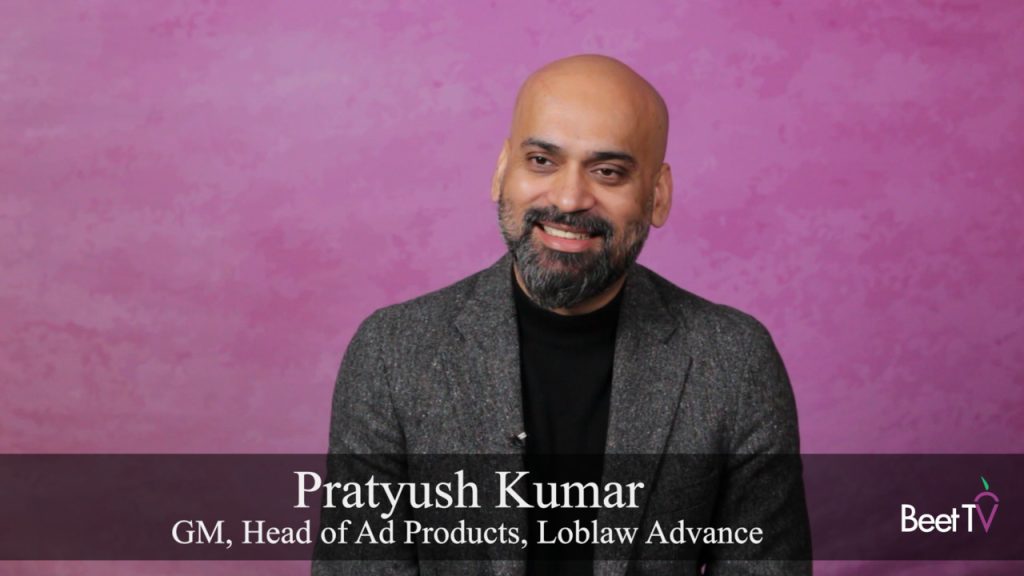The idea of “the attention economy” is at least a couple of decades old. This Wired story introduced the early digerati to the concept in 1997, though it had already been circulating in several forms since the 1970s.
Yet, fast-forward to 2019, and it seems proliferating content plus diminishing, an obsession with data and ad supply chain issues are posing new challenges to the idea.
That is why Joe Marchese, the executive who led a company trying to make ads more engaging, has now launched an investment firm called Attention Capital.
Joe Marchese’s firm has first taken a controlling stake in the Tribeca Film Festival, alongside James Murdoch’s Lupa Systems. Next up, he wants to put more targets in his portfolio.
“The plan will be to buy control stakes in media brands or iconic brands that are permission-to-curate,” Marchese said during a discussion at Beet Retreat in the City. “And then scale those brands with technology, scale those brands geographically in new business lines.
At Beet Retreat, Marchese was interviewed by Joanna O’Connell, Forrester principal analyst.
“We think the curation layer is what’s missing from media brands,” he added. “In the open web … right now the AI is curating content for people. And I think people are looking for something a little different.
“And then (with) media technologies … how are we going to measure attention better? How are we going to access attention, respecting consumers a little bit better? And how are we going to monetize attention in ways that it’s consumer-friendly?”
That last part may sound familiar. Because Marchese is also the former CEO of true[X], the ad-tech company that seeks to make TV ads more engaging to viewers through interactivity, incentivising them to trade that engagement for lower ad volume.
The company was acquired by Fox Networks Group, where Marchese became president of advanced advertising and advertising revenue. He had also been on Tribeca’s board since 2015.
Attention for new-style ads needs to be boosted, because attention for traditional ads is declining, Marchese added.
“If you account for consumer experience, meaning that they abandon watching in particular areas, and if you accounted for the amount of fraud or fraudulent impressions that are out there, the number of people watching real ads is shrinking at a rate at which I think it actually should be profitable to have good experiences that people are willing to sit through ads for,” he said.
“The market, I don’t think, recognizes it, but that is how you make it profitable.”
This video is part of a series from the Beet Retreat in the City, “We’re Going Local!” hosted by GroupM Worldwide and sponsored by Amobee, Comcast Spotlight, TVSquared and WideOrbit. Please visit this page for additional segments.














































